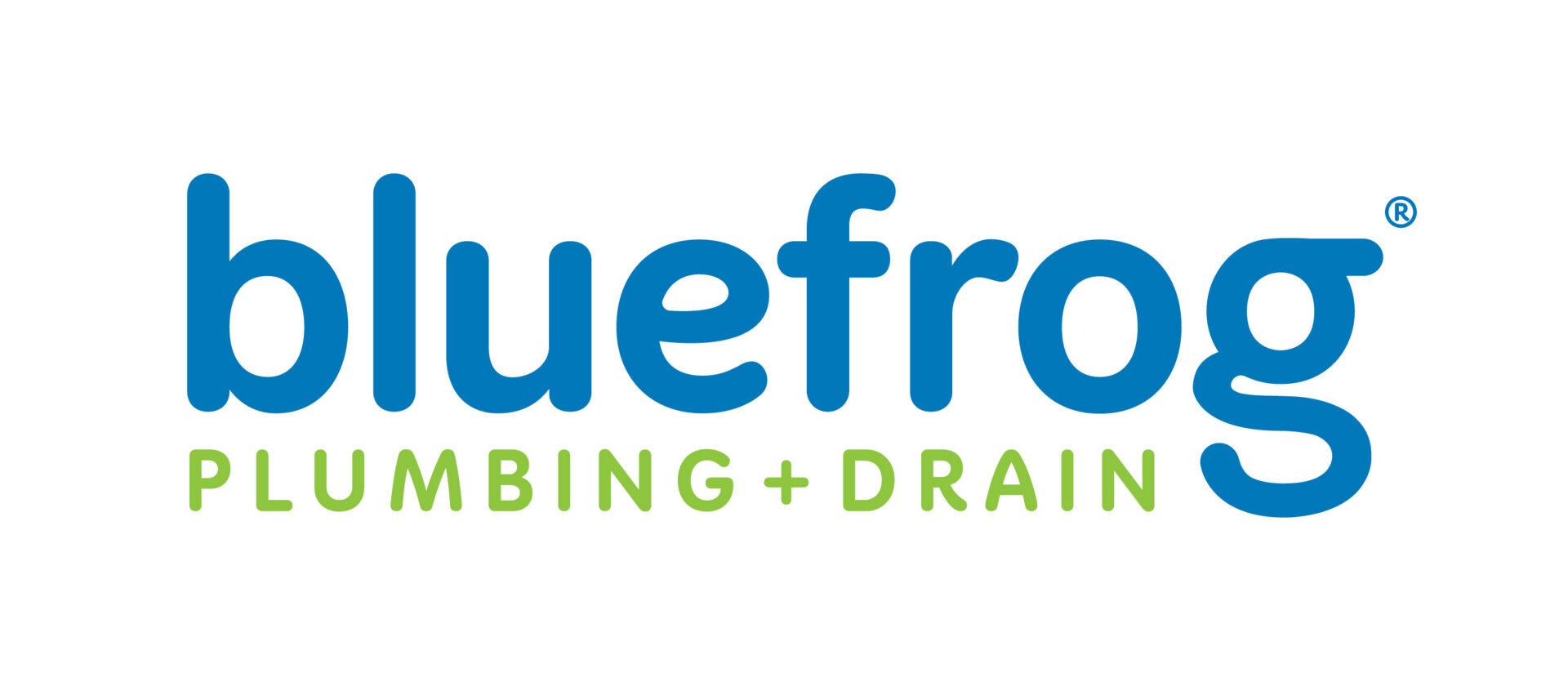The United States is fortunate to have many sources of clean drinking water and modern filtration systems that supply clean water on the municipal level. In fact, the US tap water is one of the world’s safest, thanks to our reliable drinking water systems. Legislation such as the Clean Water Act of 1972, or simply CWA, reinforces the municipal water systems by setting the minimum standards for wastewater discharge across industries and regulating oil and toxic chemical spill cleanup procedures (read more about CWA below).
Unfortunately, many places still have poor water quality as a result of contamination due to natural and man-made causes. It is crucial to ensure that the tap water flowing through your faucets at home is thoroughly filtered and is free of contaminants, microorganisms, and bacteria.
Clean Water Is Vital to Life
It’s impossible to imagine life today without clean tap water. We need it for the following:
- Drinking Water: Water is a primary necessity of life. Humans can go for weeks without food, but severe dehydration can turn fatal in mere days – unsurprisingly, as water is the primary source of nutrition, and the human body is 60% water. Therefore, clean drinking water unsullied by bacteria or mineral contaminants is vital to human life.
- Sanitation and Hygiene: Safe water for sanitation and hygiene is essential for good health and should be a right, not a privilege. We need water to bathe, clean our surroundings, and wash materials we use daily, like cooking pots, cutlery, tableware, clothing, cooking appliances, etc. Without clean water, creating a safe, healthy home for your family will be difficult, if not impossible.
- Disease Prevention: Successfully sanitizing your living spaces and observing proper hygiene helps prevent the spread of diseases in your home. The same applies at the community level: the risk of spreading disease-causing bacteria in places with access to ample clean water is lower than in areas without access to clean, running water.

Unclean water can result in the following health problems:
- Diarrhea
- Cholera
- Hepatitis
- Dysentery
- Typhoid
- Skin diseases
- Gastrointestinal diseases
- Polio
- Kidney failure
- Household Tasks: Without access to clean water, performing simple household tasks can become difficult and add stress to your life. Your kitchen can quickly become messy with food scraps and sauces in unwashed pans attracting fruit flies, ants, and other household pests. These are some of the many struggles households will experience without access to clean water for everyday chores.
- Agriculture and Food Cultivation: Clean water is also essential to food production and farming. Poor irrigation or lack of water deteriorates crop quality and quantity, but did you know that contaminated water can have the same negative impact? Crops can absorb harmful chemicals and bacteria. If these contaminants don’t kill the plants, people who eat fresh produce such as salads and blanched dishes could ingest them and suffer health problems like food poisoning and diarrhea.
Common Sources of Water Contaminants
Tap water in the US comes from groundwater sources like reservoirs, lakes, rivers, and springs. It gets filtered as it moves through distribution channels. Normally, water from household faucets is clean and safe for drinking. However, in some cases, the water gets contaminated due to human disasters, calamities, and deteriorating water distribution infrastructure.
Here are some of the common sources or causes of water contamination today:
- Aged Plumbing Systems: Water pipes that are decades old will have accumulated a lot of mineral deposits, toxins, and pollutants over the years as water from different sources and in varying degrees of cleanliness flows through them. Deteriorating plumbing materials can also contribute to water contamination. For example, corrosion in the old metal components can leach into the main water lines, discoloring the water and causing it to smell and taste like rust.
- Municipal Water Supply: Sometimes, the problem is in the municipal water distribution and filtering system. An incident in Flint, Michigan, is one example. On April 25, 2014, City officials decided to change the source of their municipal water supply from Lake Huron to Flint River. The switch led to the corrosion of the distribution pipes, contaminating the drinking water with lead and other dangerous minerals. It became a long-term problem and led the city to declare a state of emergency two years later, on January 16, 2016.
- Contaminated Well Water: Well water is one of the primary water sources in rural areas that are beyond the reach of the public water systems. Private water wells are very convenient and affordable. However, they must be expertly designed, constructed and regularly maintained. Field or roadside runoff bearing washed-off chemicals, pesticides, fertilizers, animal waste, etc., can enter water wells through cracks and other construction defects. If a well isn’t designed well or lacks maintenance, it could collect contaminants instead of supplying clean water.
- Water Pollution: Bodies of water near municipal water sources can impact the quality of the water distributed to the community. Water forms with industrial facilities like mines and petroleum refineries nearby are at risk of having high concentrations of heavy metals like copper, lead, selenium, arsenic, cadmium, etc. Consuming high quantities of heavy metals through water can lead to liver and kidney diseases, intestinal damage, acute and chronic toxicity, and cancer.
- Algal Bloom: Like water pollution, rapid and excessive algae increase in freshwater and marine water systems can also affect municipal water quality. Harmful algal blooms (HAB) are hazardous as they release toxins that can cause health complications such as vomiting, diarrhea, and seizures. HAB toxins can cause permanent short-term memory loss and death when consumed at high levels.
Knowing the possible causes of water contamination helps determine if your household is at risk and whether you’ll need professional water testing and top-of-the-line filtration systems at home.
Legislation and Organizations Supporting Clean Water
The Clean Water Act
In 1972, the US Congress revised the existing yet ineffective Federal Water Pollution Control Act of 1948 and passed the Federal Water Pollution Control Act Amendments of 1972 or the Clean Water Act (CWA).
 CWA enforces regulations for keeping the country’s waterways clean and restoring contaminated bodies of water to health. It was further refined in 1977 to strengthen its rules against improperly discharging or releasing untreated wastewater from industries, businesses, and municipalities.
CWA enforces regulations for keeping the country’s waterways clean and restoring contaminated bodies of water to health. It was further refined in 1977 to strengthen its rules against improperly discharging or releasing untreated wastewater from industries, businesses, and municipalities.
Clean Water Action
In the same year that CWA was signed into law, David Zwick, one of the authors of the CWA and who helped to pass the legislation in Congress, founded Clean Water Action. It is the country’s largest grassroots environmental organization that aims to “protect the environment, health, economic well-being and community quality of life” in America.
The organization actively campaigns for the following:
- Reducing or eliminating toxic materials from everyday products.
- Spreading awareness about the dangers of power plant pollution and waste materials from drilling and fracking activities. The organization closely monitors industries and companies that engage in these activities, raising the issue when they violate the Clean Water Act and harm the nearby waterways.
- Supporting programs that promote a future of clean water and clean energy.
- Support legislation to strengthen existing laws that protect the country’s waters and public health.
Protect Your Water Today
Bluefrog Plumbing + Drain, a trusted national franchise offering efficient and reliable plumbing services, can help you monitor your water quality and ensure your family isn’t exposed to contaminated tap and drinking water.
We have trained professionals who test your water for hard minerals, bacteria, and contaminants. We also provide and install high-quality water filtration and distillation systems that soften hard water and remove particles, metals, and bacteria from your water system. Your household can then enjoy clean water safe enough to drink from the tap.
Protect your family’s health by always ensuring your household has clean water.
Contact bluefrog Plumbing + Drain to inquire about our residential water filtration and distillation systems.
